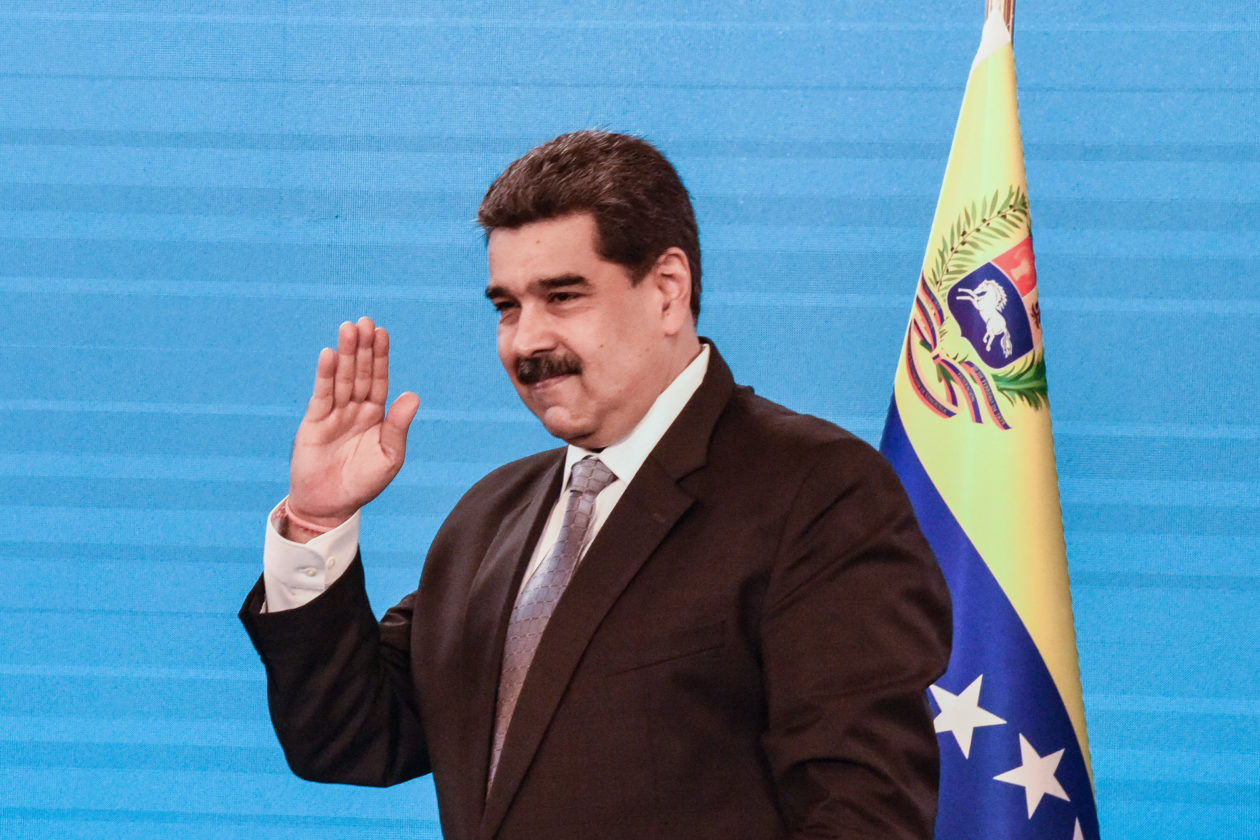
Venezuela has officially terminated its Petro cryptocurrency.
Launched in 2018, the oil-backed digital currency was once touted by President Nicolás Maduro as a solution to the country’s economic woes and a way to circumvent U.S. sanctions. However, the Petro has faced widespread criticism and skepticism from the start, with many questioning its legitimacy and effectiveness.
The Petro was introduced as part of Venezuela’s efforts to revolutionize its economy and restore financial stability. It was the first cryptocurrency to be issued by a federal government, backed by the country’s vast oil reserves.
Petro struggled to gain traction both domestically and internationally. The lack of transparency, coupled with economic sanctions, hindered its adoption and undermined its potential as a tool for financial liberation.
The move to kill off the Petro is indicative of the broader challenges facing Venezuela’s economy. The country has been grappling with hyperinflation, a depreciating national currency, and economic sanctions that have isolated it from much of the global financial system.
The government has not yet announced a clear plan to replace the Petro or address the underlying issues that led to its failure.
